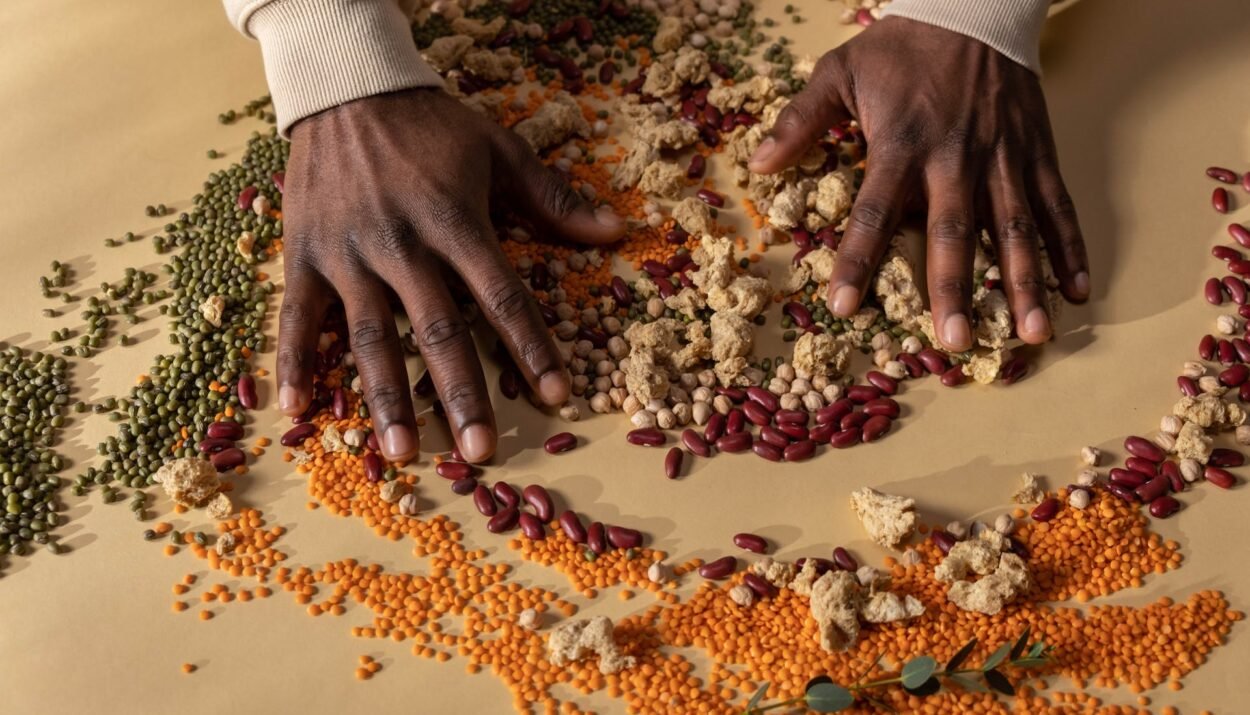In a bid to make pulses more accessible and affordable to consumers, the Indian government has launched the sale of chana dal under the brand name “Bharat Dal.” This initiative, unveiled on July 17, 2023, offers chana dal in retail packs at highly subsidized rates of Rs. 60 per kg for a 1 kg pack and Rs. 55 per kg for a 30 kg pack. Bharat Dal is being distributed through various retail outlets, including the National Agricultural Cooperative Marketing Federation of India Ltd (NAFED), National Cooperative Consumers’ Federation (NCCF), Kendriya Bhandar, and Safal, ensuring that it reaches consumers across the nation. #BharatDal
In Shorts
Extensive Distribution Network
One of the key aspects of the Bharat Dal initiative is its wide-reaching distribution network. Not only is it available to the general public through select retail outlets, but state governments can also access chana dal for their welfare schemes. Additionally, it is being supplied to essential services such as the police, jails, and state government-controlled cooperatives and corporations. This multifaceted approach to distribution aims to make pulses accessible to all segments of society, including those who rely on government support.
Buffer Stock and Price Stabilization
To stabilize pulse prices and enhance their availability, the Indian government maintains a buffer stock of five major pulses: chana, tur, urad, moong, and masur. These pulses are stored under the Price Stabilization Fund (PSF) and released into the market as needed to control prices effectively. This strategy not only ensures price stability but also supports farmers by providing them with a fair and stable income.
Efforts are also underway to increase the availability of tur dal in the market by milling it from the buffer stock of tur. Stocks of chana and moong are continuously released from the Price Support Scheme (PSS) and the PSF buffer to moderate their prices. These measures collectively contribute to a more stable and affordable pulse market.
Import Measures
To further augment domestic pulse availability and regulate prices, the government has implemented several measures. These include keeping the import of tur and urad under the ‘Free Category’ until March 31, 2024, reducing import duty on masur to zero for the same period, and removing the 10% import duty on tur to facilitate smooth imports. These measures ensure a steady supply of pulses in the market and prevent price fluctuations due to supply shortages.
Preventing Hoarding and Ensuring Availability
To prevent hoarding and ensure that pulses are readily available to consumers, stock limits have been imposed on tur and urad under the Essential Commodities Act, 1955, effective from June 2, 2023, until October 31, 2023. Entities such as dealers, importers, millers, and traders are continually monitored through the online stock monitoring portal of the Department of Consumer Affairs to ensure compliance with these limits.
Conclusion
The introduction of Bharat Dal and the various measures taken by the Indian government reflect a strong commitment to providing affordable pulses to consumers while supporting the agricultural sector. These initiatives not only contribute to food security but also help stabilize pulse prices, ensuring that they remain accessible to all segments of the population. As the government continues to prioritize the welfare of its citizens, Bharat Dal stands as a noteworthy example of its dedication to making essential food items affordable and readily available to every Indian household.
